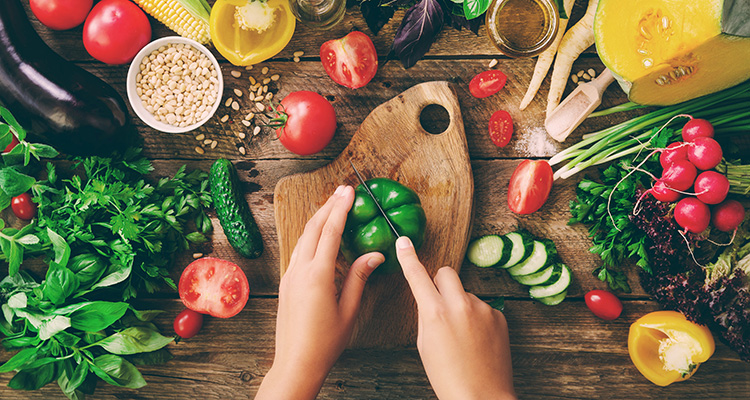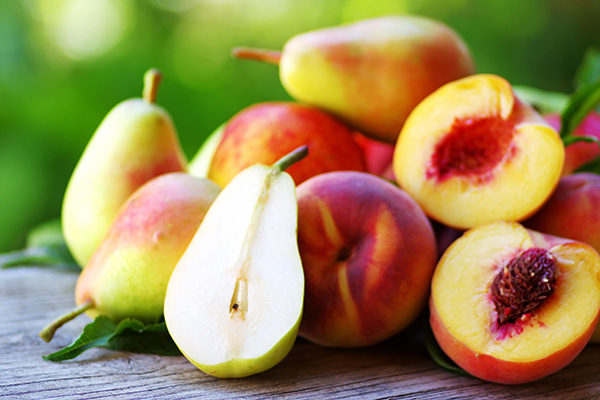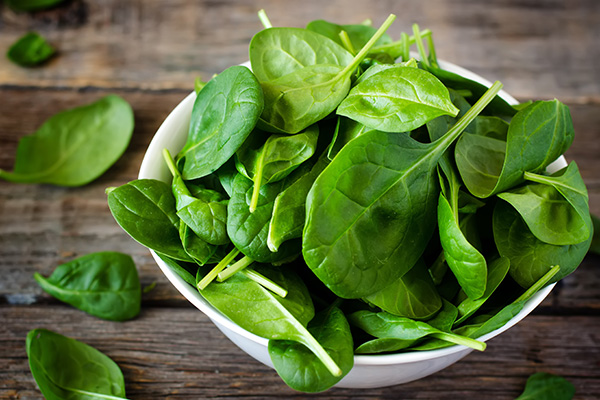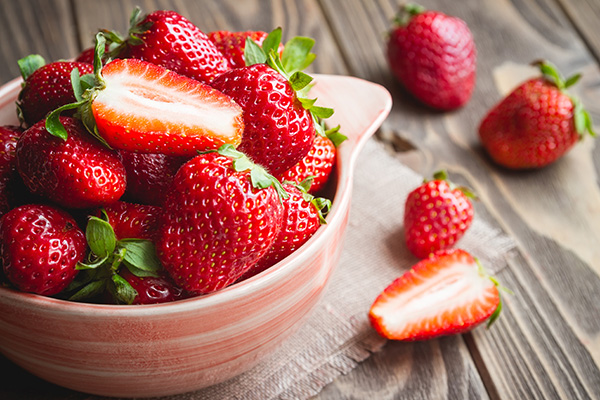
What makes something organic?
Organic farming is designed to reduce pollution and encourage soil and water conservation. Growing organic produce or raising organic meat means that a farmer cannot use conventional methods to fertilize, prevent weeds and pests, and protect livestock. Chemical weed killers and pesticides need to be replaced with methods like crop rotations and spreading mulch. A chemical based fertilizer is often replaced with nutrient rich compost or manure. These hands-on and time intensive practices are why organic products are relatively higher in cost.
The USDA must certify any product with an organic label. Two different labels are used for foods that contain more than one ingredient. For example, a cereal can either be “100% Organic” if it is made completely of organic ingredients or it can be labeled “Organic” if it contains at least 95% organic ingredients.
Top reasons to choose organic products
- Free of artificial food additives like preservatives, sweeteners, colorings, and flavorings
- Free of neurotoxins that damage brain and nerve cells
- May be higher in nutrients than conventional foods
- Diminishes our exposure to antibiotics, synthetic hormones, and other drugs that were given to the animal
- Supports healthy development of growing children’s brains and bodies that are more susceptible to toxins
- Helps to reduce pollution in our drinking water by cutting down the amount of pesticides being used in farming
- Protects the environment by not introducing pesticides and other chemicals that damage the natural areas around farms
- Supports independent farmers and their livelihood
- Tastes better
Top Beneficial Organic Foods
Choosing organic produce for the following foods can be beneficial in minimizing exposure to pesticides.
Spinach – Spinach tends to retain pesticide residues due to its leafy structure and surface area.
Potatoes – Conventionally grown potatoes are often heavily treated with pesticides throughout their growth cycle.
Celery – Celery has a tendency to absorb pesticides due to its structure.
Green Beans – Green beans are susceptible to pesticide residues.
Green Onions – Green onions can contain pesticide residues in conventionally grown varieties.
Apples – Apples are often heavily treated with pesticides to protect against pests and diseases.
Peaches – Peaches have delicate skin that easily absorbs pesticides.
Pears – Pears can also retain pesticide residues on their skin.
Strawberries – Strawberries are notorious for containing high levels of pesticide residues.






